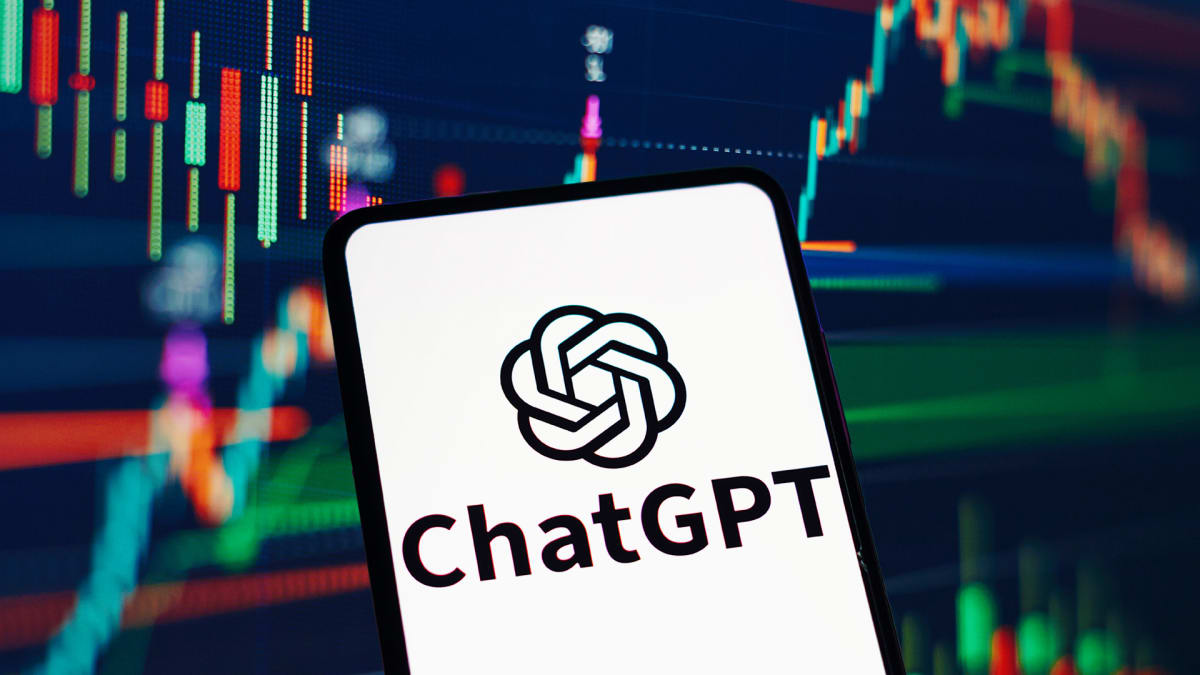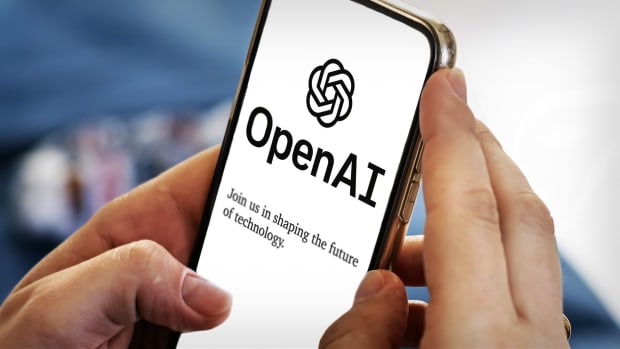
Since OpenAI's artificial intelligence platform ChatGPT was introduced in November 2022, the chatbot's capabilities and risks are being considered by society.
Reports say some people are using ChatGPT to do maybe 80% of their job. Lawyers who have tested the chatbot say that people can find fairly accurate answers to legal problems, at least when fed the right information, but there can be inaccuracies and it might lack technical legal requirements.
People can try using Microsoft (MSFT)-backed OpenAI's ChatGPT to pick the best stocks, search for the best airline deals, or maybe college students might use it to write an essay for a class or to find answers for a test.
College professors seeking to catch students cheating have already learned that they need to be extremely careful using ChatGPT to determine whether assignments have been plagiarized. One such professor at Texas A&M University, Dr. Jared Mumm reportedly used ChatGPT to check whether his students might be cheating on their final three assignments of the semester.
Mumm discovered that ChatGPT claimed to have written every passage entered into its system, prompting the professor to give his students an X grade that put diplomas for half of the students in the class on hold. Students were able to submit Google Docs timestamps on their work to prove that they did their work. No students failed the course or were prevented from graduating.

Shutterstock
ChatGPT Is Not Foolproof
Episodes such as the Texas A&M assignments snafu, have proven that artificial intelligence and ChatGPT are not foolproof. The chatbot is a 175-billion-parameter natural language processing model that generates human-like text in response to user prompts. The platform is a large language model trained to predict word sequences based on context.
In past testing, ChatGPT passed the United States Medical Licensing Exam, according to the Feinstein Institutes for Medical Research. However, further testing proved that ChatGPT is not always up to the challenge as it failed the 2021 and 2022 multiple-choice self-assessment tests for the American College of Gastroenterology, scoring 65.1% and 62.4%, respectively, compared to the minimum 70% required to pass the exams, Feinstein Institutes said in a May 22 statement.
The American College of Gastroenterology tests are supposed to gauge how one might do on the actual American Board of Internal Medicine Gastroenterology board examination.
ChatGPT Should Not Be Used in Certain Medical Education
"Recently, there has been a lot of attention on ChatGPT and the use of AI across various industries," said Arvind Trindade, MD, associate professor at the Feinstein Institutes’ Institute of Health System Science and senior author on the paper. "When it comes to medical education, there is a lack of research around this potential ground-breaking tool. Based on our research, ChatGPT should not be used for medical education in gastroenterology at this time and has a ways to go before it should be implemented into the health care field.”
Each test consisted of 300 multiple-choice questions with real-time feedback. Questions and answers were copied and pasted directly into the ChatGPT versions 3 and 4. Overall, ChatGPT answered 455 questions, as 145 questions were excluded because of an image requirement. Chat GPT-3 answered 296 of 455 questions correctly, or 65.1 percent, across the two exams, and Chat GPT-4 answered 284 questions correctly, or 62.4 percent.
ChatGPT does not have any intrinsic understanding of a topic or issue, the statement said. Potential explanations for ChatGPT’s failing grade could be the lack of access to paid subscription medical journals or ChatGPT’s sourcing of questionable outdated or non-medical sources, with more research needed before it is used reliably, Feinstein Institutes said.







